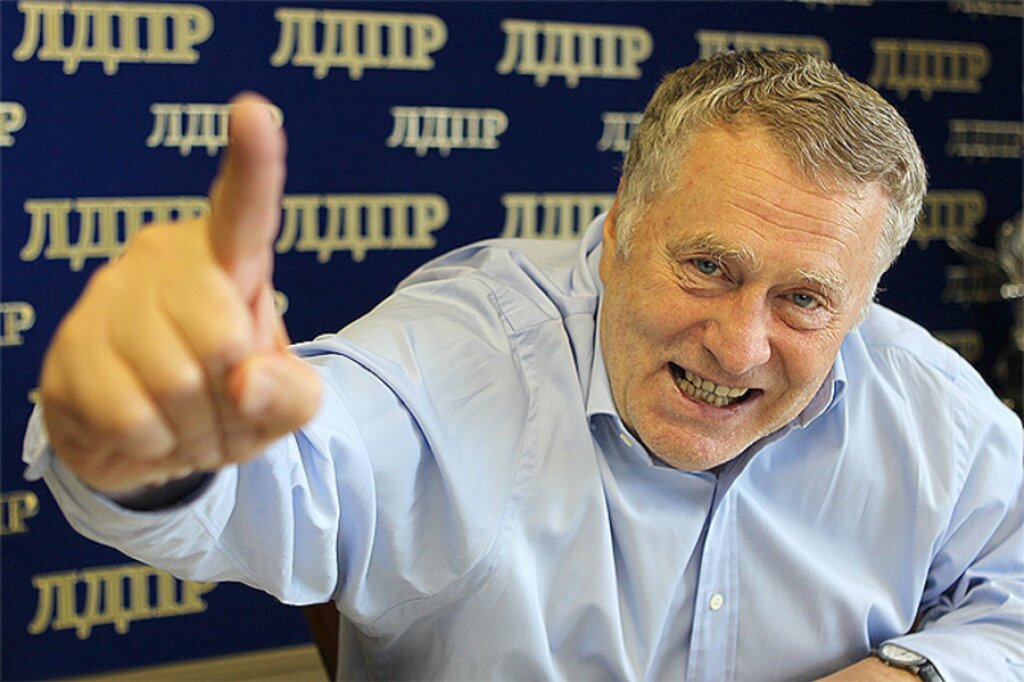Kathryn David is a research assistant at the Holocaust Museum, and was a 2012 Fulbright recipient in Ukraine
“Pretend you were just punched in the stomach.”
“Smile from ear to ear and then exhale”
While these may sound like the instructions of an eccentric yoga instructor, they are in fact pointers a few of my Russian language professors have given me over the years to pronounce the sound “ы” a letter in the Russian alphabet that appears in many words and declensions, but is difficult to pronounce for non-native Russian speakers.
Lately, it has not only been the vowels that have been hard to stomach in Russia. From the Western media’s vicious coverage of the Sochi Olympics to Russia’s support of Syria’s violent leadership to Russia’s treatment of LGBT citizens to its increasingly alarming plans for Ukraine, Russia has become an international pariah. The leaders of the global community regularly condemn leader Vladimir Putin. Put simply, Russia has an image problem.
However, in a state with little rule of law, democracy, or respect for international norms, engaging in a substantive debate on the policy positions that have led to Russia’s isolation is unlikely. In a similar vein, the West’s uninformed prejudice towards Russia was alive and well even when things went fairly smoothly at the Olympics. It is doubtful that the Western media would take polarizing yet substantive debate in Russia seriously even if it did occur.
This means it is time for a quick fix. Enter Vladimir Zhirinovsky, a politician whose boisterous speeches make Howard Dean’s infamous campaign rallying call sound like a soothing meditation Zhirinovsky is head of Russia’s Liberal Democratic Party, (ironically) a far-right wing party. He has suggested something my language instructors never considered: Ignoring the presence of «ы» (often transliterated as y in the Latin alphabet) and replacing it with an easier, more English-speaker friendly vowel. This may sound absurd. If we were to replace everything about the Russian language that was difficult for non-native speakers to pronounce, we would not even have a word for “hello” in Russian.
Yet Zhirinovsky’s main goal is not to make the Russian language more approachable (although he lamented that his own son, a native Russian speaker, has trouble pronouncing the vowel), but to make Russia itself more approachable.
He is quoted as saying that “only animals make that [ы] sound” and most importantly, “This primitive, Asiatic sound is the reason people don't like us in Europe.”
While it is easy to dismiss this rhetoric along with most of Zhirinovsky’s ultranationalist and racist statements, he is not the first politician to use the alphabet to change his country’s image.
Prominent Turkish leader Ataturk made the Latinization of the Turkish alphabet the hallmark of his reforms to integrate Turkey into the European sphere and modernity. While Latinization was proposed as an alternative to the Arabic letters that were “ill-suited” to Turkish language and as a way to increase literacy, there was also a symbolic aspect to the shift. According to political scientist Frank Tachau, once it was decided making Turkey part of Western civilization was one of Ataturk’s goals, it was also necessary “ ‘to adjust the writing, reading, and thinking to the requirements of this civilization.’ In other words if the proposed reform meant the loss of a great historic and religious tradition, this was simply one of the costs of modernization.”
Linguistic historians and anthropologists have well documented the significance of language reforms on the historical trajectory and political identity of nations and states throughout history. And so, tempting though it may be, we would be foolish to simply dismiss Zhirinovsky’s idea as insignificant.
Russia probably will not be changing its alphabet anytime soon. Instead, Zhirinovsky may be the harbinger of a new trend: attempts on the part of the Russian leadership to change their image. However, it is clear that if Russia wants to truly change its image it will have to do more than change the way its language is spoken. Let Russian remain the difficult the language it has always been. What is needed is a fundamental change in how Putin governs the Russian people.
While Vladimir Putin seems to revel in his image as a rogue leader, the Russian people and some of their leadership may not be enjoying their outsider status. The question then becomes: Do those in Russia who want their state to shed its pariah status have the chance to influence policy? When asked to voice their opinions, they may find it difficult to say the words they need to say. Especially if they’re spelled with ы.



